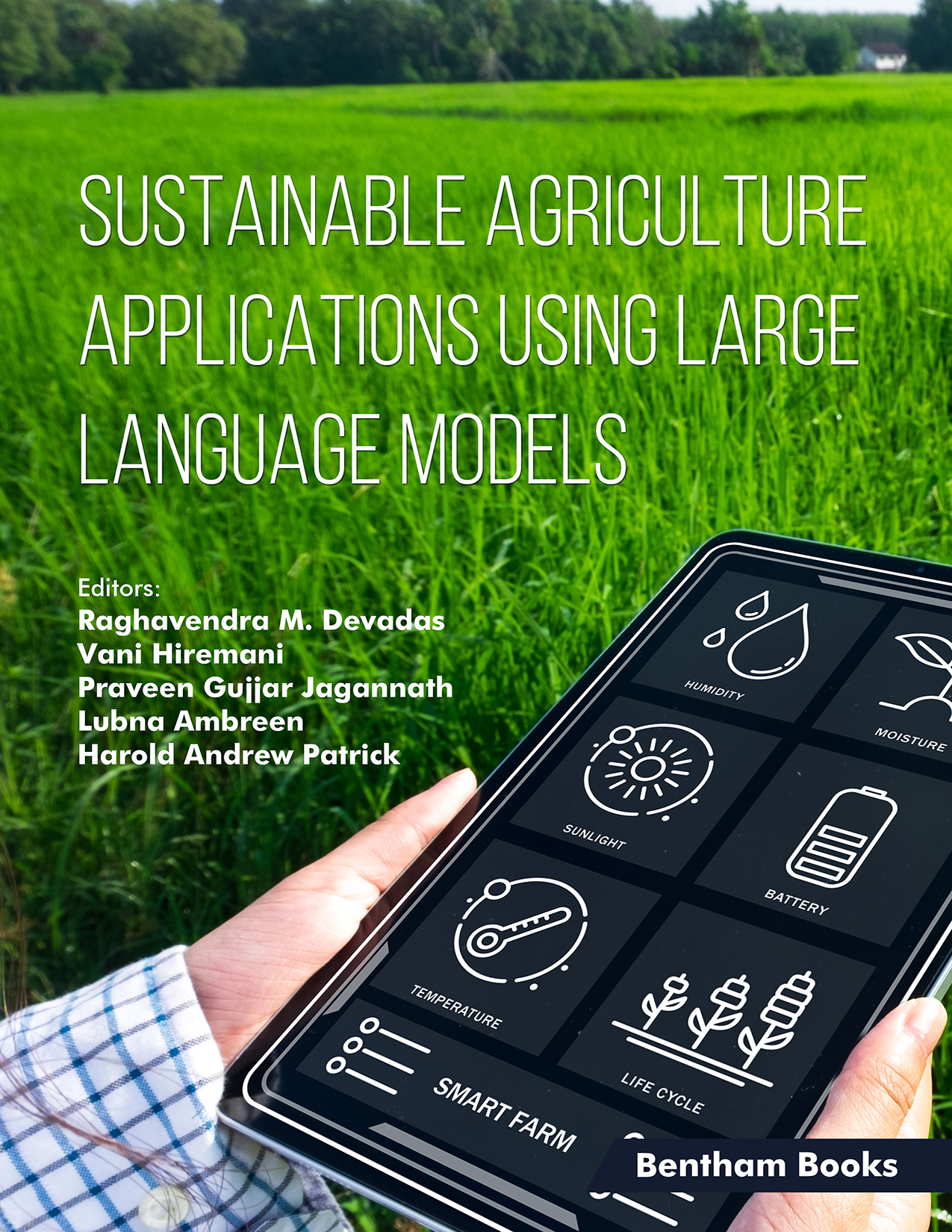Introduction
Sustainable Agriculture Applications Using Large Language Models examines how AI-powered tools can enhance decision-making, resource optimization, and knowledge dissemination across diverse agricultural contexts.
Spanning topics from crop management and pest control to water conservation and market analysis, the book features a multidisciplinary approach including real-world applications and case studies. It highlights how LLMs can support sustainable practices by analyzing agricultural data, improving communication with farmers, and enabling predictive insights. Special attention is given to ethical considerations and the responsible deployment of AI tools in rural and technologically evolving regions.
Key Features:
- - Demonstrates how LLMs support sustainable agriculture practices
- - Showcases AI-driven approaches in crop, pest, and water management
- - Presents real-world applications and case studies across regions
- - Explores ethical considerations and responsible AI deployment in agriculture
- - Analyzes LLM integration in agricultural education, communication, and policy
Readership:
Agricultural professionals, researchers, data scientists, and technologists seeking to harness AI for sustainable farming.

